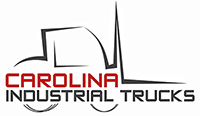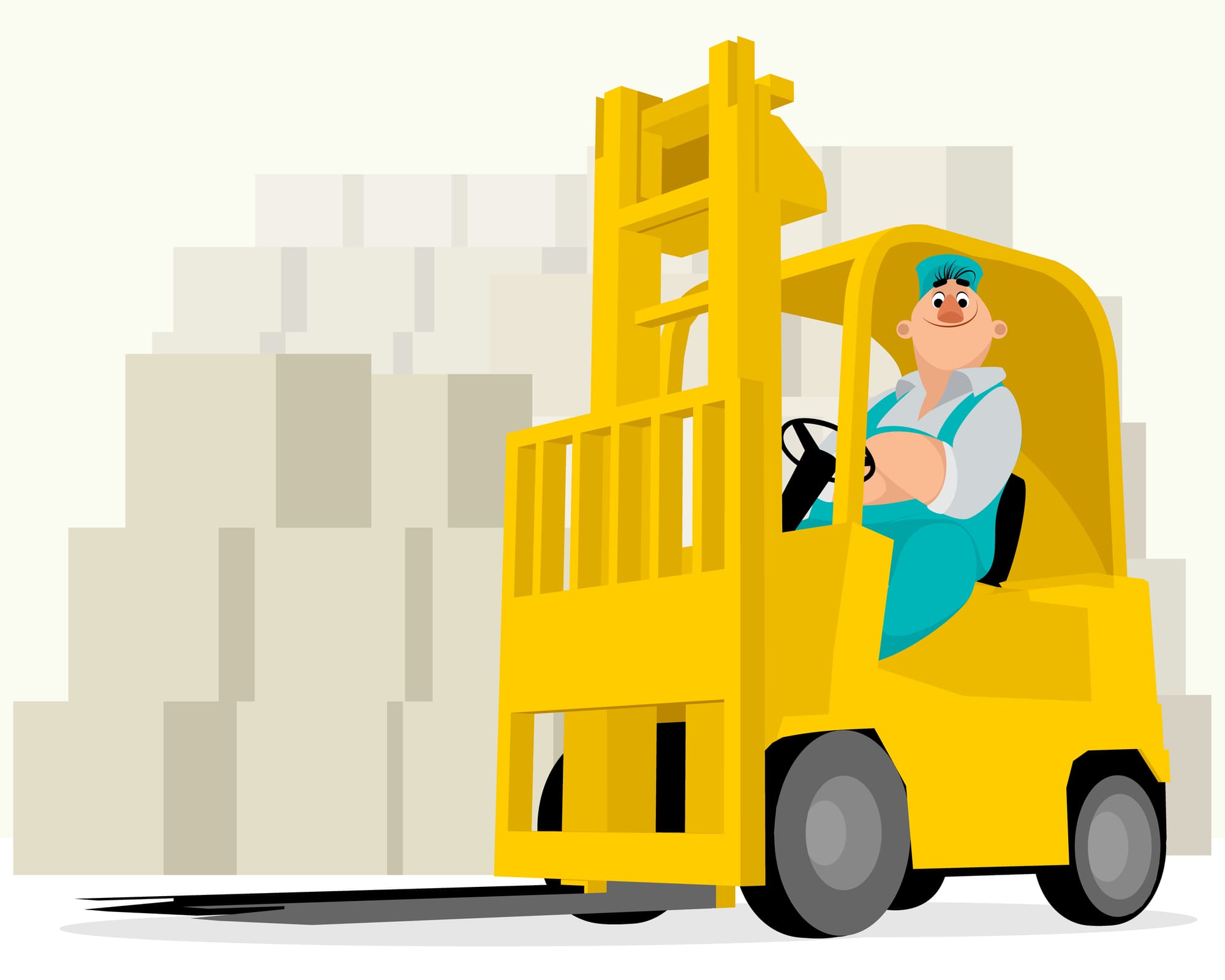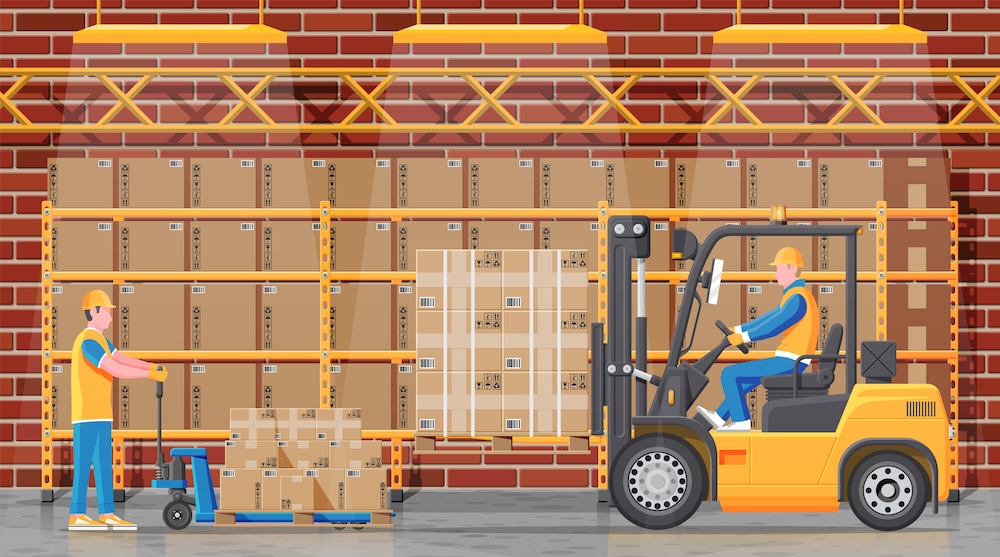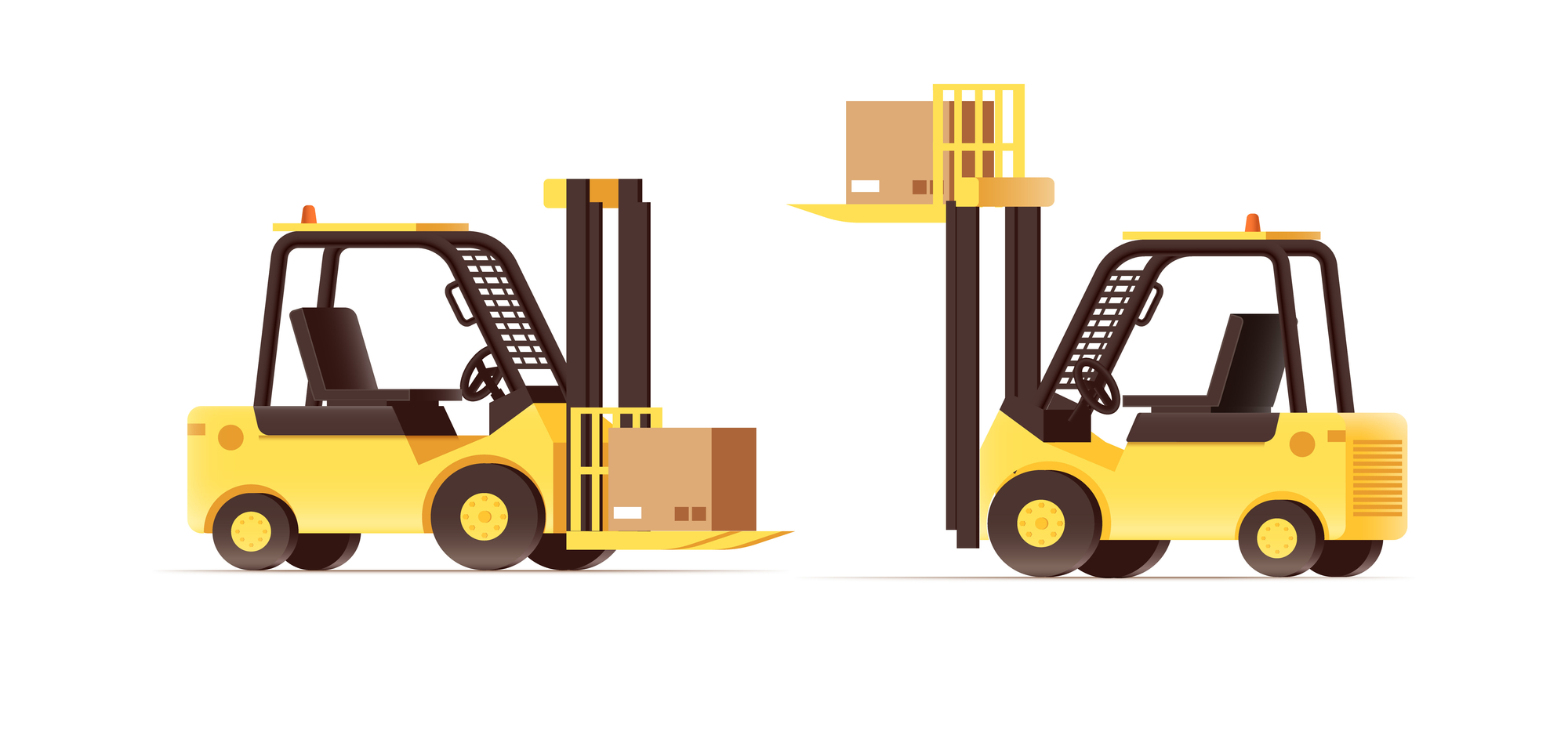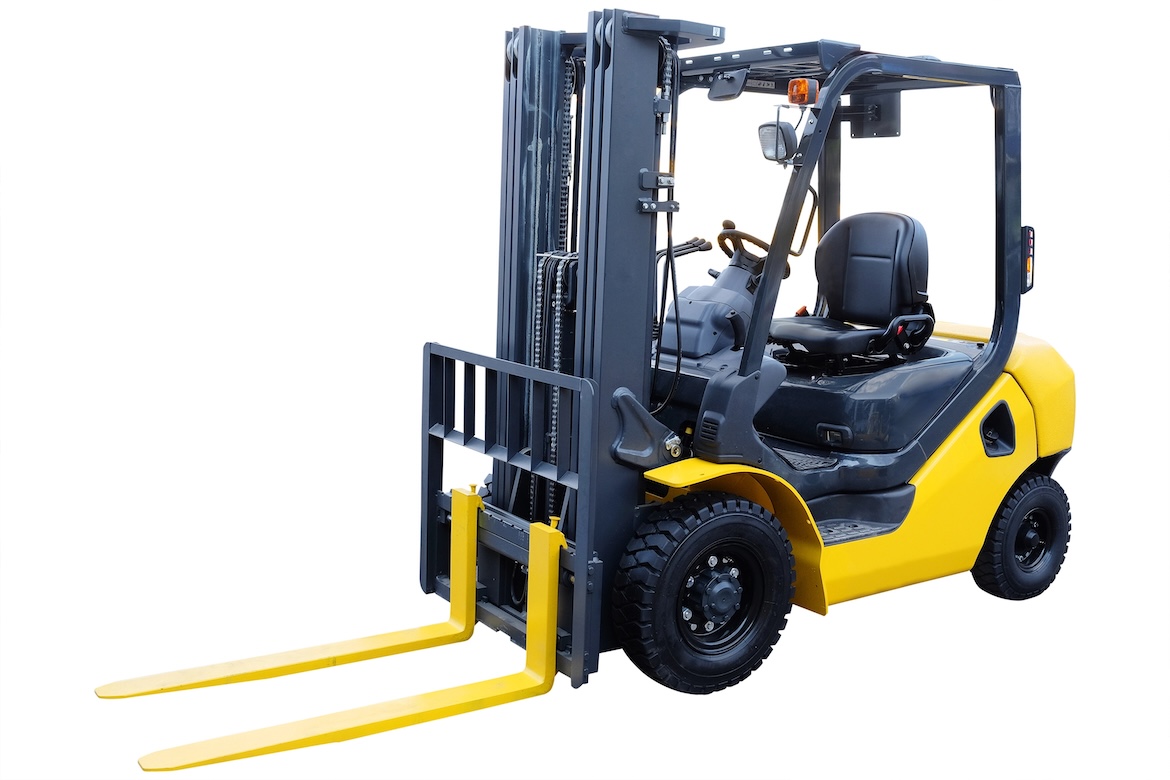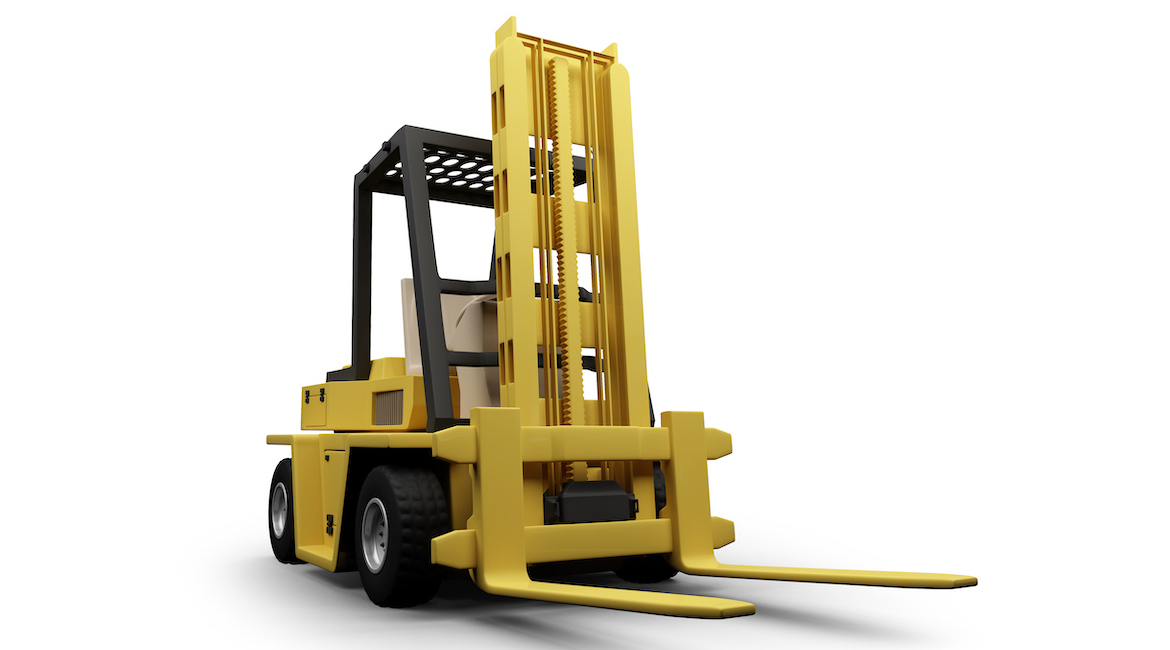Importance of Annual Aerial Inspections
06/25/2018
CITrucks
If you operate a forklift you'll need to participate in annual aerial inspections, so you will want to make sure you're prepared and be up to date on what you will need to know to pass the inspection.
Preparing for an inspection should be part of a weekly and daily routine for managers and employees. The method you set will also save time and money. Careful attention to details and knowing what to look for will catch small problems before they become bigger ones.
When working on aerial platforms, accidents can happen at any height. So, safety measures are necessary. Most importantly, continuous safety measures will protect property and workers. This is why inspections are so important. Here's what you can do to every day to stay ready for annual aerial inspections.
Daily Checklist
A daily log of eyeballing the easy stuff keeps routine maintenance on course. Keeping the log notes on file will also help with the necessary inventory needs.
- Battery
- Decals
- Emergency Stop
- Fire Extinguisher
- Fluid Level
- Guard Rails
- Hydraulic Controls
- Lights
- Motion Alarms
- Visible Damage
- Steering
- Tires
- Overhead Clearances
- Initials of Inspector
Of course, persons doing the daily inspection should have both knowledge and aerial lift certification. This makes them a credible point person.
Weekly Checklist
Choosing one day per week for a more detailed inspection should adhere to manufacturer recommendations. Ensure the minimum requirements are on the weekly log for easy reference.
- Wash Equipment
- Add-ons for Unusual Wear
- Welds
- Grease and Lubrication
- Chains and Pulleys
- Hydraulic Filters and Fluids
- Hydraulic Oil
- Lift Control Valves
- Load Test Platforms
- Hoses and Wiring Harnesses
- Leaks
- Safety and Warning Decals
- All Safety Equipment
- Run Several Full Cycles
Both OSHA and ANSI (American National Standards Institute) have helpful checklists. The lists, along with logbooks from manufacturers, should be on hand.
Monthly Checklist
Monthly checks should include both the daily and weekly inspections and:
- Pins and Welds
- Placement and Control
- Safety and Capacity Placards
- Boom Wear Pad Fasteners and Rollers
If there are obvious damages or wear, a mechanic should note the issue, and point out the next steps to be taken. Of course, only those with proper credentials can provide these necessary services. If there is a safety issue, the equipment must be "tagged out of service" until repairs are complete.
Ongoing Training
Of course, there is good reason that training is necessary for aerial equipment. OSHA requires training for nearly all workplace aerial equipment.
Those who use it or maintain service must follow strict rules for safety guidelines. And, the rules can change. Any Equipment changes or upgrades signals more training is necessary.
This way, every employee helps keep everyone safe. Inspections will reveal any issues which need attention. OSHA recommends training at these times:
After an Accident
Even with best practices, accidents can happen. Both people and property can suffer damage. Regardless of the reason for a mishap, you should schedule recertification training for those involved.
If the reason for the accident was equipment failure, by being familiar with the equipment the employees will learn the signs of wear that led to the accident. However, if it was human error, the entire group will know what to look out for by attending a recertification training.
When Equipment Changes
Add-ons or upgrades to the aerial equipment will usually have specific guidelines and maintenance features. The manufacturer will most likely provide logs and operator manuals. Ensuring all employees are in the know ensures changes are seamless.
If an Employee is not following Operating Procedures
Bad news can travel fast. Employees will sometimes find shortcuts to work faster or do inspections that are not complete, just to save time. These incorrect procedures may gain traction as more employees use the knowledge. Though not intentional, equipment operators may then sacrifice safety to save a few minutes.
If an employee skips essential safety measures, everyone is at risk. All employees should be aware of and taught the proper steps for completing equipment inspections and operation.
Annual Aerial Inspections and What to Expect
Your careful inspection is a continuous measure throughout the year. The yearly mandatory check is very important and should not be put off.
Inspectors are mechanics with the qualifications necessary for the piece of equipment. They can see from log books and from the condition of the equipment if the daily and weekly inspections are being completed properly.
The rules for maintaining these safety inspection records is five years. If proper records are not available, fines can result. Expect to produce the records and have a plan for safekeeping of all your logs.
Inspectors will look at the safety records, work areas, and will test the equipment. Rather than a quick look around, they will examine structures and substructures. Safety equipment and signage will also be checked.
Many inspectors work for manufacturers of aerial equipment and know what unseen problems to look for. Their training provides for "seeing around the corner".
They see the difference between normal wear and underlying issues. Your careful attention to details year-round will make the inspection much more manageable.
Keeping Your Equipment and Employees Safe
It might be you, or possibly a fleet manager, who takes charge of the equipment and is responsible for workplace safety. Keeping everyone safe is not only a good idea; it's the law. Statistics show that one worker dies every two weeks while using an aerial lift. The number one cause is due to falls.
We Are Here to Support Your Safety
At Carolina Industrial Trucks we dedicate everything we do to the safety of your business. Preparing for annual aerial inspections is just the beginning. We are experts at lift trucks and those who use them. Whether it's training, service, or parts, our knowledgeable team is here to take the guesswork out of material handling. Please contact us here with any questions.
